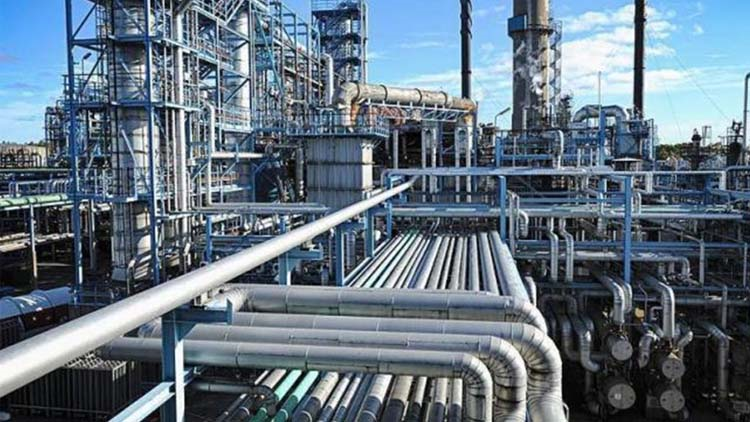The Nigerian National Petroleum Company Limited (NNPC Ltd.) has dismissed suggestions of a possible sale of the Port Harcourt Refining Company, asserting that the facility will remain under government ownership as it undergoes comprehensive rehabilitation.
Bashir Ojulari, Group Chief Executive Officer of NNPC Ltd., addressed the matter during a corporate town hall meeting held at the firm’s headquarters in Abuja. His comments follow recent speculation sparked by remarks made during the 2025 OPEC Seminar in Vienna, where Ojulari had stated that “all options are on the table,” prompting media reports about potential privatisation moves.
Clarifying the company’s position, Ojulari said NNPC had concluded that restarting operations at the Port Harcourt refinery before completing its full rehabilitation would have been economically unviable and poorly advised.
“The reviews we’ve conducted indicate that we need stronger technical collaborations to finish the job properly. Selling at this point would not only undermine the value of the asset but also contradict our long-term energy security goals,” he stated.
NNPC is also currently assessing the status of the Kaduna and Warri refineries as part of its broader infrastructure overhaul. Ojulari emphasised that the company remains committed to its transformation into a performance-driven, transparent entity prioritising the interests of Nigerians.
According to a corporate statement, the CEO’s declaration was warmly received by staff, many of whom welcomed what they described as a renewed sense of purpose and business clarity.
The town hall also featured presentations from NNPC’s Executive Vice Presidents across various business units, including Upstream, Downstream, Gas, Power, and New Energy. The sessions reviewed operational milestones, outlined continuing reforms, and identified areas for strategic attention.
The company underscored its role as a national energy steward, reiterating its mission to ensure the long-term viability of the country’s refineries. NNPC also highlighted its alignment with the Federal Government’s broader energy security strategy, reaffirming its intention to retain vital national infrastructure under domestic control.





